
I’ve always been a theatre geek. When other children were playing sports, my friends and I would stage scenes from West Side Story. I greeted sunny days with “Oh, What a Beautiful Morning” sung at full volume. And I had an informed perspective on whether Julie Andrews or Audrey Hepburn was the better Eliza Doolittle. (Andrews, obviously.)
Today, as a 40-something professional, I have to restrain myself from referencing Hamilton lyrics in conversation. It’s playwright Lin-Manuel Miranda who helps me recover from personal setbacks. (“There’s a million things I haven’t done. Just you wait, just you wait.”) And when it comes to available career paths, he is right to “look around, look around at how lucky we are to be alive right now.”
In a recent interview, Miranda described his professional motivation:
“This notion sort of hit me that no one’s going to write your dream musical and you’re going to have to create the opportunities that you would like to see for yourself.”
Miranda grew up without Latino role models starring in Broadway productions. In an attempt to create the opportunities he sought, Miranda wrote In The Heights, set in a Dominican-American neighbourhood in Upper Manhattan. He broke the mould further with Hamilton, a show about the founding fathers played by a rapping, racially diverse cast.
It probably won’t surprise you to learn that I love Miranda’s ways unconditionally. He provides an inspiring example to those rewriting life’s rule book. Why wait patiently for doors to open? Why not be the “young, scrappy and hungry” leader Miranda celebrates?
In short, why not create board opportunities for ourselves?
My very first blog post highlighted what I call renegade routes to board work. I pointed to pro bono consulting projects and co-operative elections as paths to paid board roles. Two years have since passed and I have improved insight into what boards seek from incoming directors.
It’s true that boards assess candidates along a checklist of desirable skills and experiences. I have written previously about the value of being known for knowing something, particularly hot topics like cybersecurity and risk. Real people — not checklists — do the work of boards, however, requiring us to influence others, listen actively, and demonstrate empathy.
The easiest way to demonstrate these abilities is to report to, advise or serve on boards. Hands-on experience helps us understand the challenges of governance. It sparks insightful stories that we can tell in our board interviews. And it generates references from other directors when they are asked to recommend high-performing colleagues.
During the early days of our board careers, this is where being young, scrappy and hungry comes into play. Most boards hesitate to give a green director their first shot. In addition to the ideas presented in my first blog post, however, I have seen the following approaches bear fruit.
Approach a start-up
I’ve written previously on the hows and whys of serving on an advisory board (see here, here and here). You can create such a role for yourself by approaching a start-up in its early days. If you need an introduction, volunteer your services to a technology incubator and attend any networking events the organization offers.
Over time, you’ll build a trusting relationship with the founder. Introduce her to other supportive experts and before long you will have inadvertently built an advisory board. There is even a good chance that you’ll end up chairing the group.
Lead a professional association
If you work in accounting, law, finance or some other regulated field, seek leadership roles within your professional association. These groups are usually grateful for volunteers, especially fans of good governance. As an added bonus, these associations often have a budget for board development that may be applied to your governance training.
Volunteer for a small non-profit
You may have struck out with your first attempts to join a non-profit board. If that is the case, aim for a smaller organization. I think I was rejected by a dozen non-profits before I found a hospital foundation that was willing to interview me. All I needed was a chance to describe my potential contribution in person, rather than hope for a thin resumé to sell my candidacy. That first board taught me so much about governance and gave me credibility as I sought other board opportunities.
Demonstrate thought leadership
Outside the boardroom, we can use public speaking, blog posts and writing assignments to illustrate our strengths and interests. Trusted authorities find time to share their work periodically. My own blog began as a experiment that might serve other aspiring directors. Several thousand words later, no one would doubt my passion for governance. And I hesitate to believe someone’s interest in a field if they haven’t written a word about it.
My years growing up in the US taught me that Alexander Hamilton was the unappreciated linchpin of the revolutionary set. In a manner of speaking, he embraced the strategies I suggest to aspiring directors, backing the US colonies — the ultimate start-up — and writing extensively about his country’s evolving governance system. I don’t expect you to launch the next Federalist Papers project, but your board career will benefit from whatever your imagination and motivation can envision.
Your turn: What are your favourite scrappy means of building a board career?
Please share your response via Twitter, LinkedIn or e-mail.
Thank you for reading! If you found this post useful, please click the “like” button on LinkedIn and/or share it with others in your network. Doing so helps my work reach others and would mean so much to me.








